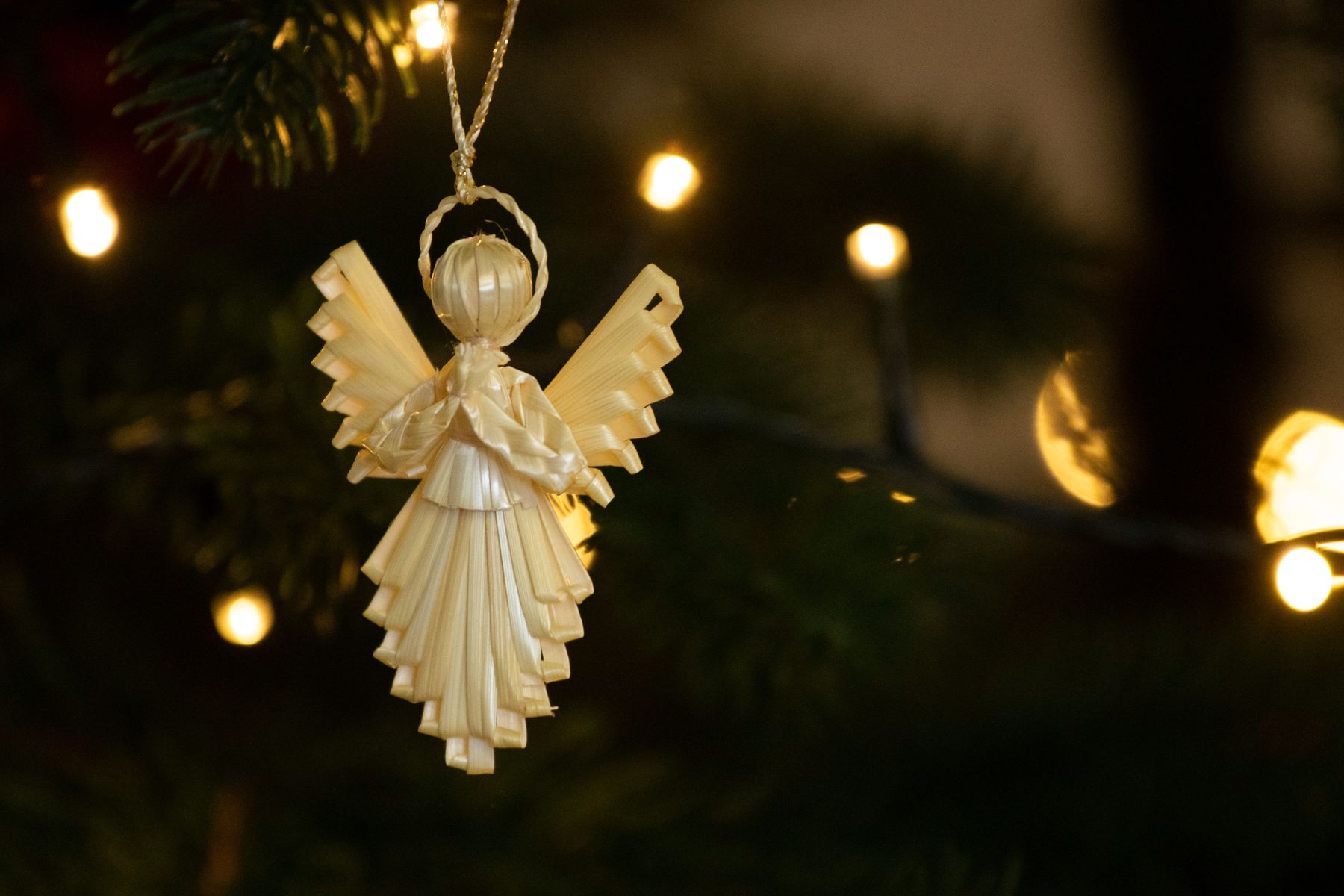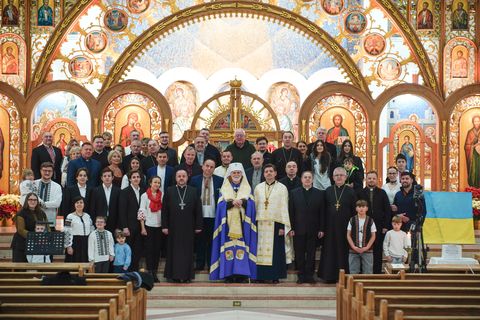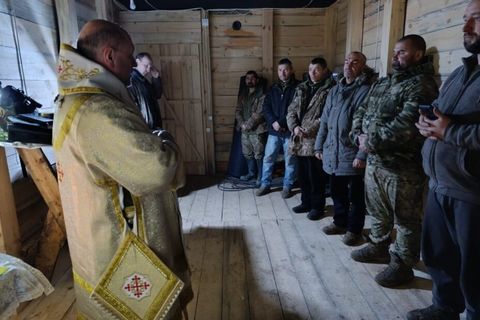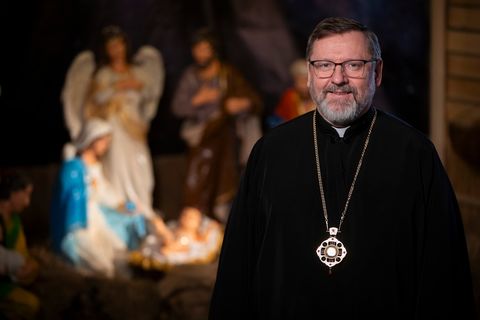Nativity Fast has Begun: What Are the Rules and Teachings of the Church?
On November 15 the Ukrainian Greek Catholic Church begins the Nativity Fast. To make the most of this time for our souls, it’s important to know its rules, understand its meaning, and commit to long-term personal growth. Fasting cleanses the heart of excessive attachments and serves as spiritual preparation for meeting the newborn Christ.

What is the Nativity Fast?
The Nativity Fast is a period that begins on November 15 and lasts until December 24. During this time, the Church guides us in preparing for the birth of Christ through prayer and spiritual practices.
What is the purpose of the Nativity Fast?
According to Fr. Julian Katrij in his book Know Your Rite, the feast of the Nativity has long been considered as significant as the Resurrection, with the Church viewing the Nativity as a “second Easter.” Historical texts, like old typicons and the December 25 Psalter, refer to it as the “Easter Triduum.” Therefore, just as the faithful prepare for Easter with prayer and fasting, the Nativity Fast serves as a time of anticipation for the coming of the Savior.
Furthermore, the Nativity Fast symbolizes the prayers and fasting of the Old Testament patriarchs and prophets who awaited the Messiah.
In the Ukrainian Greek Catholic Church, it is a long-standing tradition to prepare for Christ’s Nativity not only with prayer and fasting but also through the sacraments of Confession and Holy Communion. Metropolitan George of Kyiv (1072–1073), in his Bilecheskii Statute, instructed that Communion be received on the Nativity feast day. St. Josaphat, in his Rules for Priests, encouraged Confession during the Nativity Fast. Metropolitan Petro Mohyla of Kyiv († 1647) in his Trebnik advised Confession and Communion during each of the four annual fasts. The Synod of Zamość (1720) mandated Communion at least three times a year: at Easter, the Assumption of the Virgin Mary, and Christmas. This Synod also called for abstinence from dairy products during the Nativity Fast. In 1891, the Synod of Lviv modified the fast, allowing dairy on Mondays, Wednesdays, and Fridays, with meat permitted on other days, but still required priests to recite the Fiftieth Psalm and laypeople to say five Our Fathers and Hail Marys before meals.
Through proper preparation, our hearts will become worthy of receiving Jesus Christ.
Modern Adaptations of Fasting Practices
In response to changing times, the Church has moderated the strict fasting rules of the past, leaving the specific practice to the discretion of the faithful. However, this does not remove the call to the spirit of sacrifice, repentance, and fasting. Let us prepare our hearts and souls for Christ’s Nativity through prayer, fasting, and the sacraments, driven by love for Christ, the good of our souls, and respect for our sacred traditions. With sincere and fervent spiritual preparation, our hearts will be open to Christ’s birth, filled with His mercy, love, and peace.
Nativity Fast Rules in the UGCC
According to UGCC particular law (can. 115, can. 882 of the CCEO), during the Nativity Fast, the faithful are required to abstain from meat on all Wednesdays and Fridays. All other foods are allowed on other days (this rule applies only to UGCC members). During fasting days, it’s also important to to refrain from organizing and participating noisy celebrations, weddings, dances, and other similar gatherings.
Exemptions from Fasting
The following individuals are excused from fasting:
- Children under 14 and adults over 60;
- Those who are seriously ill;
- Pregnant women, mothers post-childbirth, and breastfeeding mothers;
- Travelers (if travel exceeds 8 hours);
- Those engaged in strenuous work;
- Those who rely on meals provided by others;
- The poor who live on alms. In special cases, the local hierarch (bishop or trusted priest) may grant exemptions, encouraging acts of mercy and charity as alternatives.
Teachings of the UGCC Catechism Christ is Our Pascha on Fasting
The early Christians fasted to immitate Christ’s 40-day fast, during which He wrestled with the devil’s temptations. Monasticism developed fasting as a spiritual discipline, viewing it as a means of attaining purity of heart.
Fasting involves the entire person: the body, through abstinence from food and drink, and the soul, through restraint from passions.
St. John Chrysostom admonishes: “You are not eating meat, are you? You should not eat debauchery with your eyes as well. Let your hearing also fast. The fast of hearing is not to accept bad talk against others and sly defamations. Let the mouth fast from disgraceful and abusive words… what gain is there when, on the one hand we avoid eating chicken and fish and, on the other, we chew-up and devour our brothers?”
Fasting is inseparable from almsgiving: “On the day you fast, eat only bread and water. What you would normally consume, give instead to a widow, an orphan, or someone in need. In this way, you are to deny yourself something so that someone else may benefit from your sacrifice, allowing them to be filled and to pray to the Lord for you.”
Almsgiving, as an expression of love for one’s neighbor, is an imitation of God Himself, who was the first to show mercy to humanity.
Compiled by Khrystyna PotereikoThe UGCC Department for Information



